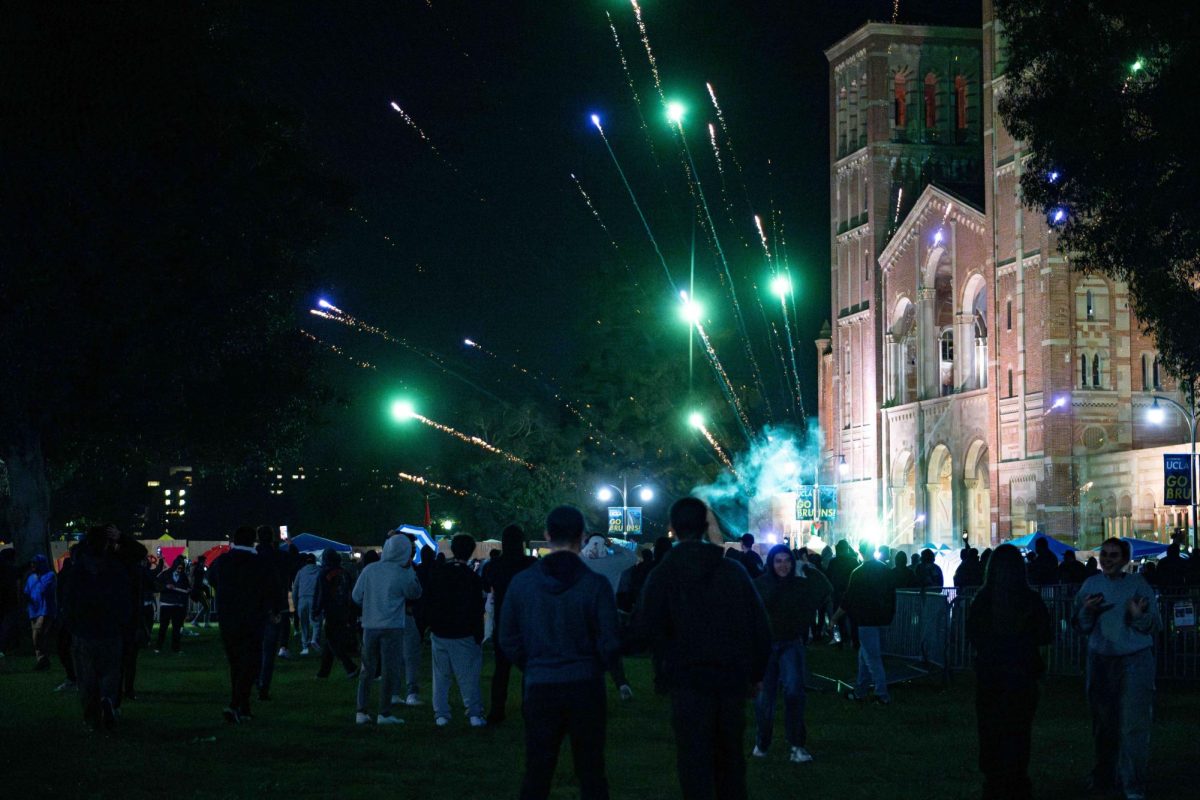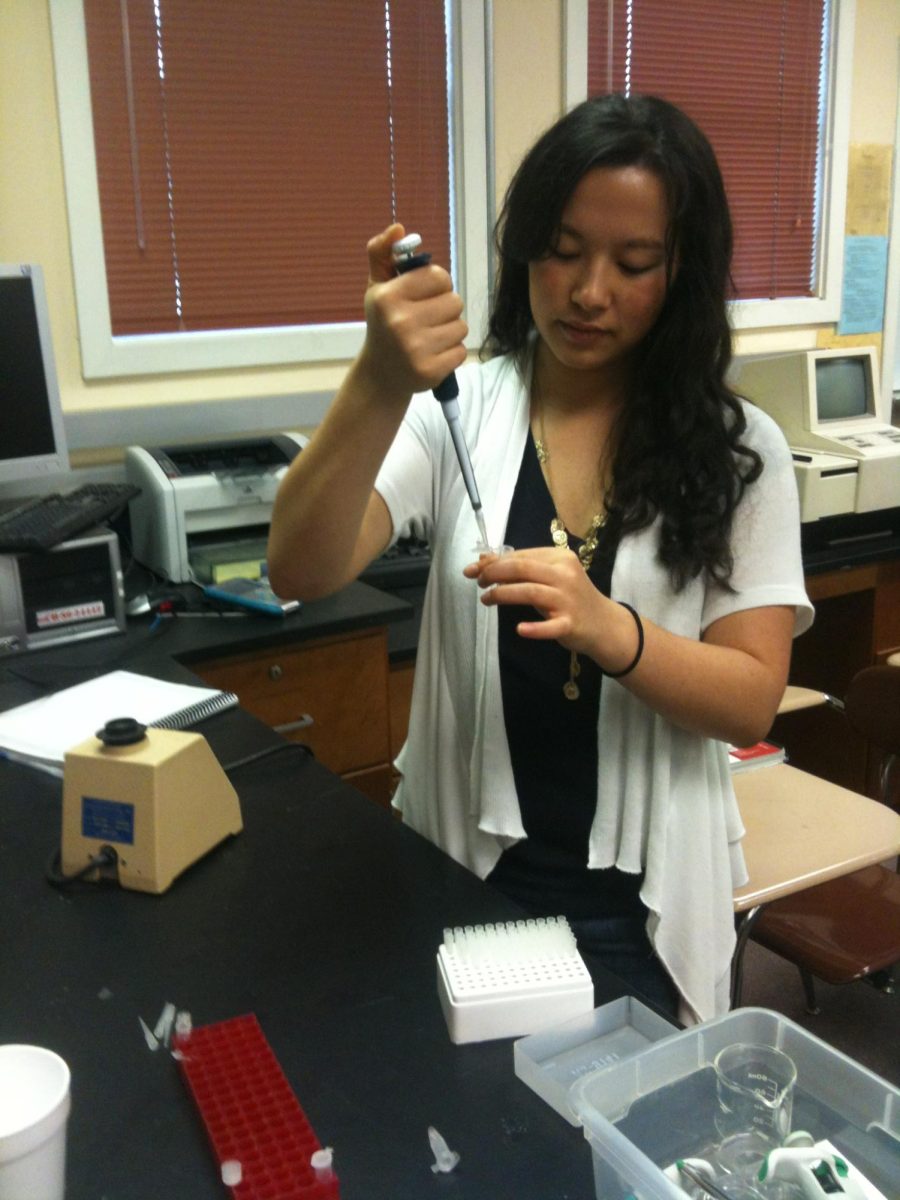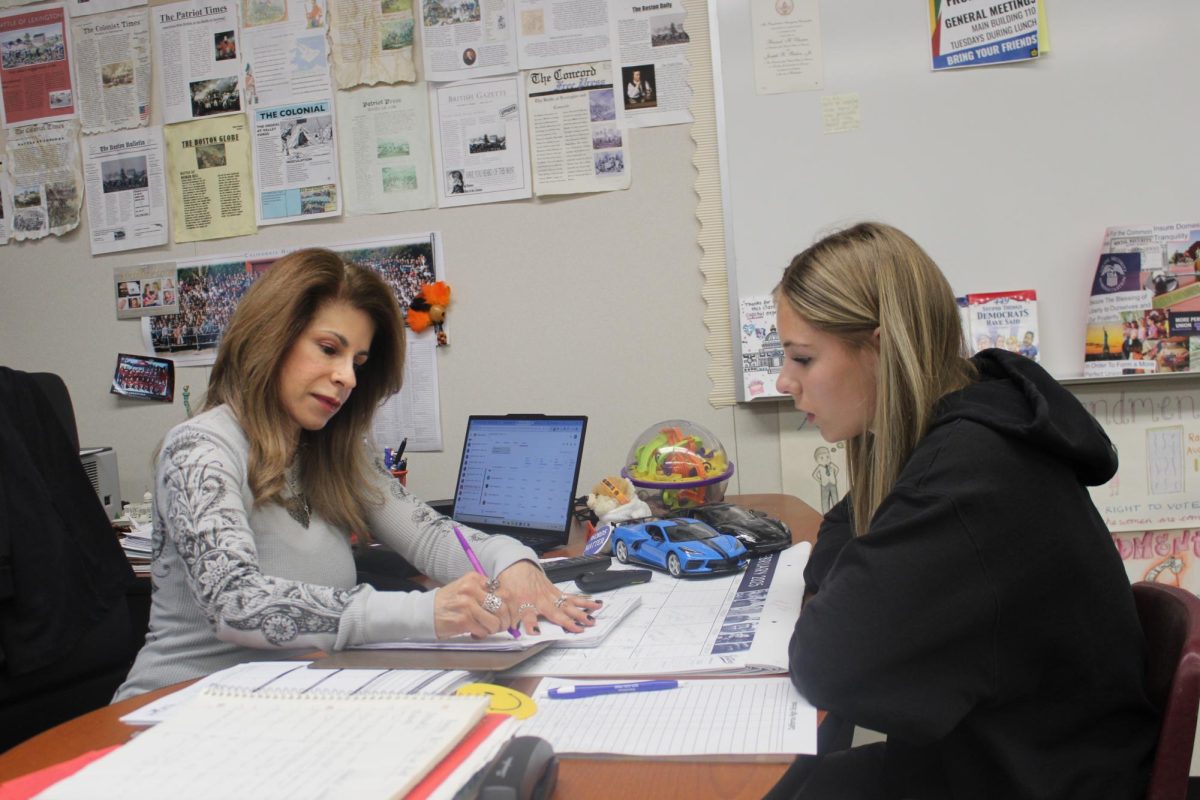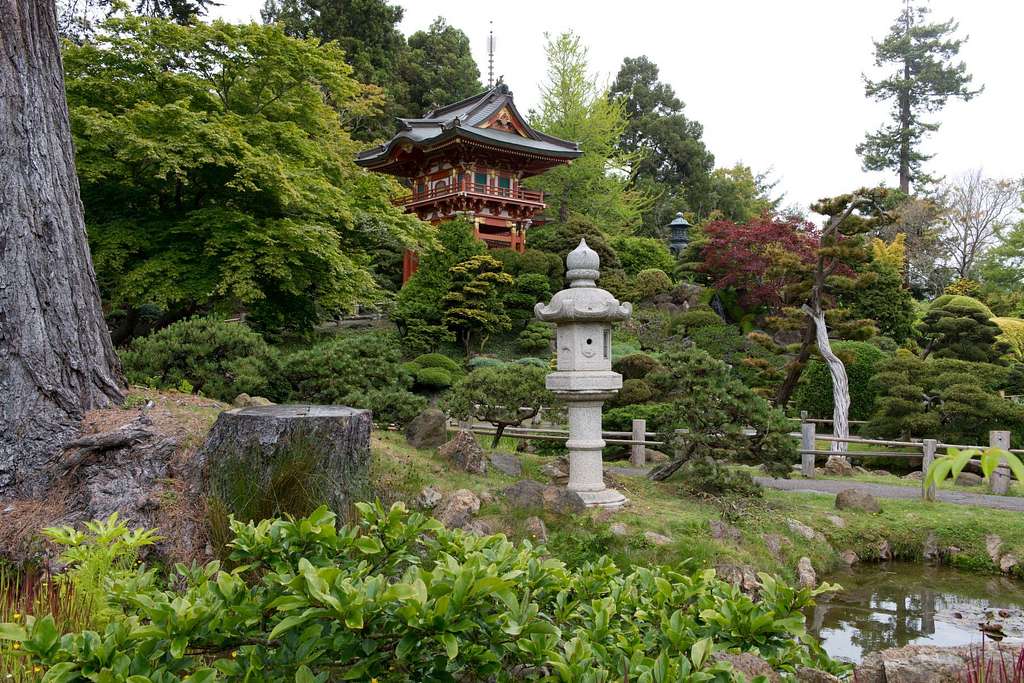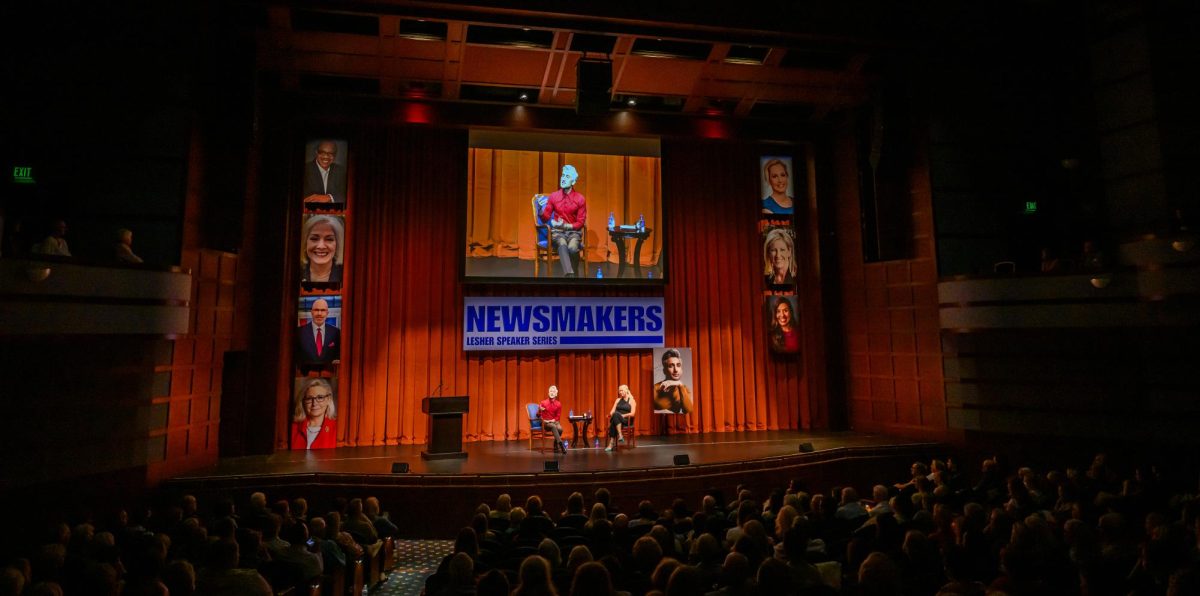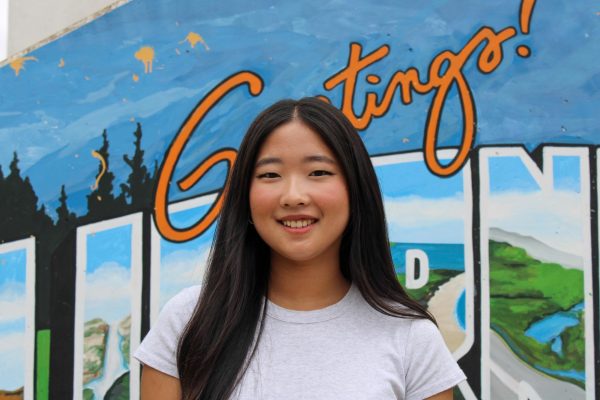A recent surge of activism and protests about the Israeli-Palestinian conflict has erupted at colleges and universities across the county.
Students and staff at more than 150 colleges have joined protests, resulting in thousands of arrests, according to MSNBC.
California has been a center for these protests, with schools such as UCLA, UC Berkeley and even Diablo Valley College making headlines.
Students have gathered with signs and banners while chanting during these protests and marches across campus. Students also have encamped for up to a week as another way to protest.
“In order to get your voice heard, sometimes… protests are the way to go,” Principal Demetrius Ball said.
Many protests use education as a platform, taking over lectures, group discussions, commencement speeches, and film screenings to raise awareness.
Ethnic Studies and Global Studies History teacher Benjamin Andersen sees the college protests as a success and inspiration.
“It’s pretty inspiring seeing young people protesting and risking their access to education,” Andersen said.
Locally, about 100 students and faculty protested at DVC on May 7. In an article by Alyssa DuFresne and Cam Lippincott with The Inquirer, DVC’s student news site, chronicled the behind-the-scenes of organizing the protest.
The protest, which was organized and led by student Muskaan Saif, lasted about two hours and was peaceful throughout. With Saif risking her own academic career, she said her mother cried to her because she thought she would be kicked out of school and arrested.
In an interview with The Inquirer, Saif said before the protest Muslim students weren’t being supported. She explained that multiple Islamophobic incidents on campus had occurred causing her to confront DVC president Susan Lamb.
“I feel like I’m not supported at DVC, and I let [Lamb] know that,” Saif told The Inquirer.
The protest started with Saif reciting a poem in the commons and led to three other speakers: Sheikh Abubakr, the Imam of the Brentwood Muslim Community Center; college counselor Camille Santana; and Albert Ponce, a DVC political science professor and co-director of the Social Justice program.
Santana is one of the guest speakers who represents faculty who supports Palestine.
“We are supposed to teach our students how to be critical thinkers, how to be leaders, how to stand up for justice and make the change that we want to see in our country and in the world,” Santana told The Inquirer. “And I see that happening here today.”
According to the article, Saif later marched to Lamb’s office and accused her of not allowing Saif to post pro-Palestinian posters on campus.
This was followed by “Susan Lamb, Susan Lamb! Islamophobia should not stand!” by the crowd. Lamb denying the accusation, according to The Inquirer.
“I want to make sure that all students, regardless of whether they’re Muslim, Jewish or whatever, feel that they are valued, heard and seen at this college, and I think that’s an ongoing conversation as our world changes,” Lamb told The Inquirer.
According to the San Francisco Chronicle, UC Berkeley had about 150 tents at the Sproul Hall steps before the three-week demonstration ended on May 14. Berkeley students faced no arrests or police interference as they demonstrated in a peaceful manner.
“People in the encampments are not necessarily violent,” Anderson said. “The violence happens usually when arrests are made or like when the police show up.”
There have been many violent incidents reported at schools such as UCLA, where students were injured and arrested, leading to academic repercussions.
According to the Los Angeles Times, the week of April 21 through the first week of May was described as “a dark chapter in our campus’s history” by UCLA Chancellor Gene Block.
An encampment was set up in the heart of UCLA on April 25, but two days later, officials decided that it was unlawful and directed students to leave or there would be consequences.
Later that night, counter protesters attacked with violence, fireworks, and thrown objects, resulting in more than 200 students being arrested.
Starting a new week on May 6, a different approach was brought but the police swooped in and arrested 44 pro-Palestinian protesters.
“I feel like it could definitely be more of a peaceful thing,” junior Alyssa Nielsen said. “Rather than resorting to violence to get people to stop, I feel like if they would just take a moment and listen to what’s going on. They could probably gain something more from that than just turning it down violently.”
As a result, UCLA moved all classes online as the investigation involving the violent attackers continued by UCLA detectives, LA police and possibly FBI assistance.
“When you got people that are coming into the protest that don’t necessarily have a peaceful mission and military force…is a recipe for things to get escalate, unfortunately,” Ball said.
Across town at University of Southern California, the school canceled its main commencement ceremony citing safety concerns. USC canceled its pro-Palestinian valedictorian’s commencement speech after nearly 100 individuals were arrested on campus in late April, according to ab article in BestColleges.
USC later announced it was canceling all commencement speeches.
“We encourage students to share their thoughts,” Ball said. “Our administration is always open to hearing those out. We can go about doing that in a positive and productive way.”
